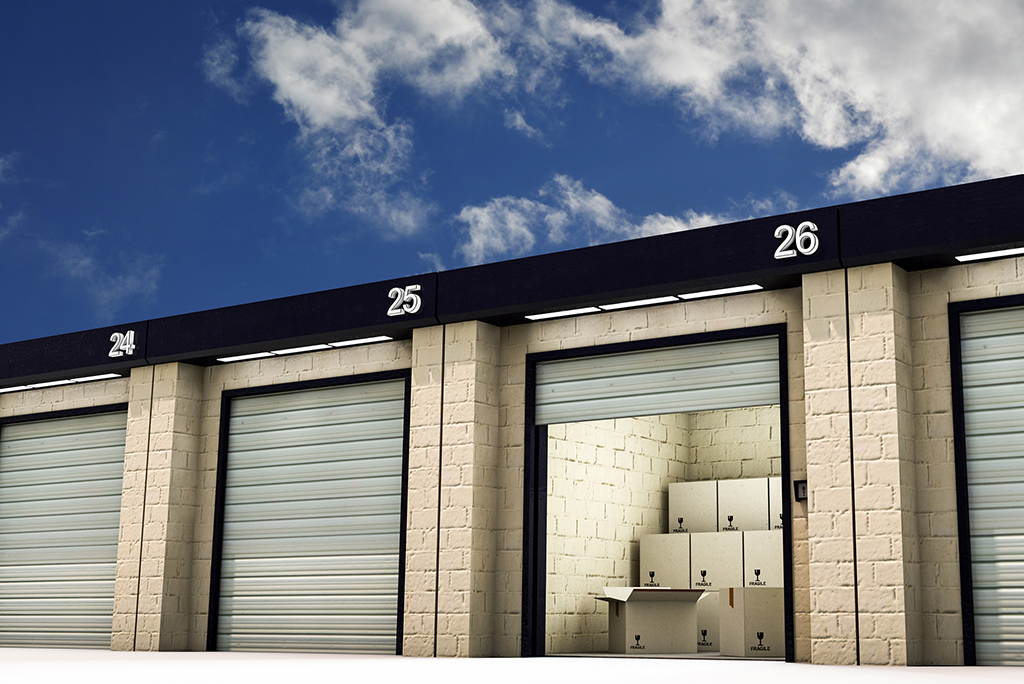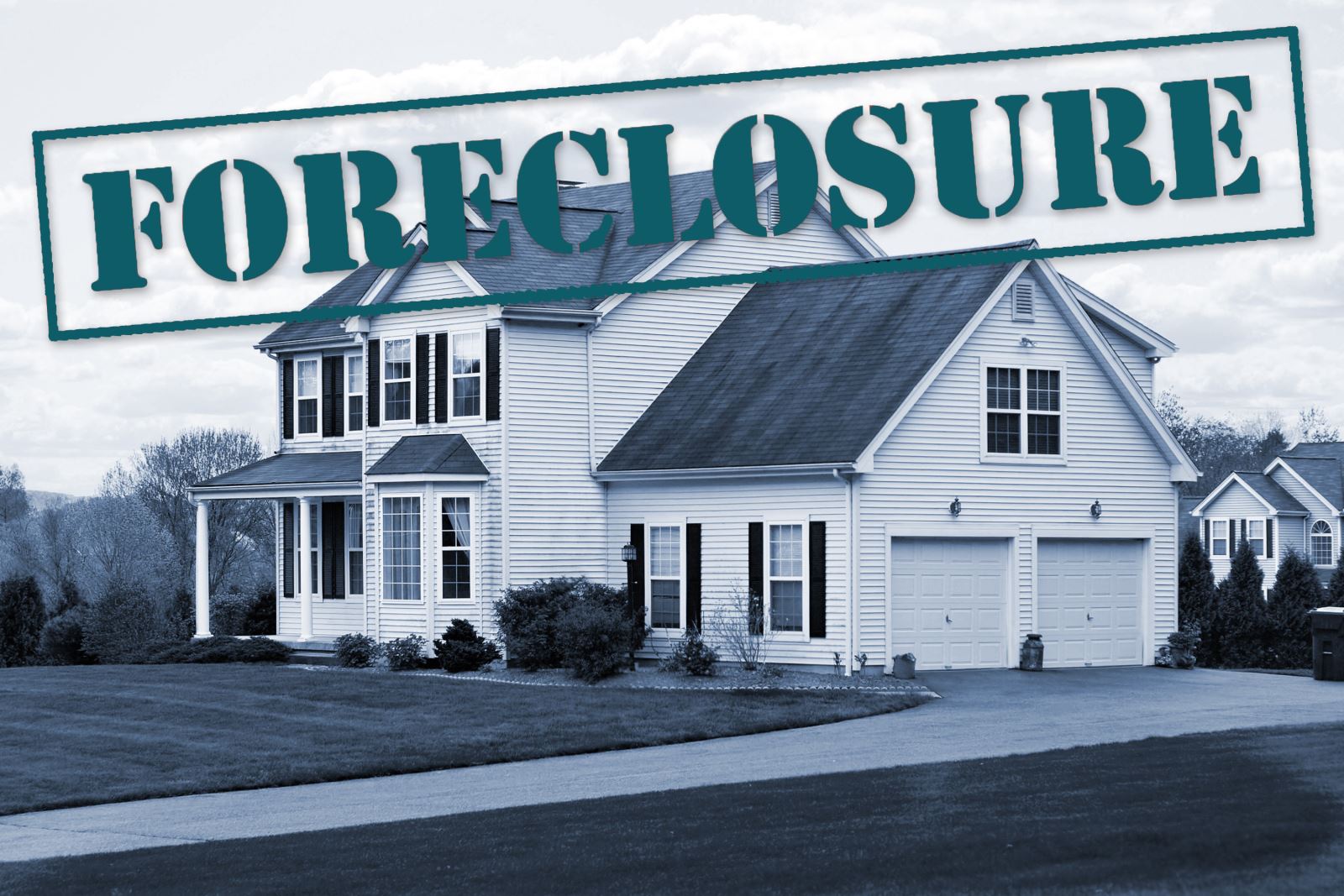Fix That Leaky Roof!

Drip. Drip. Drip. It is pouring rain outside, and you hear that dreaded sound coming from somewhere inside your home. Grabbing the mop bucket to place under the leak will save you from a mess but drying the floor and putting the bucket close by for the next rainstorm is not where you need to stop. Leaving a leaking roof untouched can be detrimental to your health, home, and investment.
-
Sometimes you may not notice dripping water, but will see bubbling drywall or plaster, or simply a change in the color of the paint.
-
If you find a drip and have retrieved something to catch water, your next step should be to try and find where the leak is. Open the attic door, and with a flashlight, look around for the dripping water or wet areas.
-
Do not be tempted to place something to catch the water in the attic. The container can become too full and heavy, and come crashing through the ceiling.
-
While a downpour or thunderstorm is not the time to go outside, once it is safe to do so, go outside and look up the roof’s slope from the area where the leaking was.
-
- If it is not obvious, you may have to wait to create your own “rainstorm” with a water hose or call a pro to locate the problem.
-
If the leak is on a flat area of the roof, secure a tarp over the leak to stop more water from coming in. Sometimes the leaks are around a vent or chimney, and those can be tricky, so you may not be able to make a temporary fix until the roofer arrives.
-
Whether you DIY the roof repair or call a roofing contractor, the attic will need to be dried out.
-
- Use a dehumidifier to absorb the moisture in the air coupled with a large fan to dry the area.
-
- Inspect surrounding insulation and make certain it is completely dry before you put it back in place. If it has become compacted, it will need to be replaced with new insulation.
-
Leaving a leaky roof with a temporary patch, or worse, doing nothing at all can cause expensive and dangerous problems.
-
- Mold and mildew can grow not only on the roof, but inside the attic, and possible down to the ceiling and walls.
-
- Wood under the shingles and on the roof, joists can rot, causing an expensive replacement.
-
- Drywall and plaster are not meant to be wet, and the moisture can cause them to become weak. No one wants collapsing ceilings or walls.
-
- Water can get into the home’s wiring, causing copper wires to degrade, and in turn causing an electrical short or even a fire.
As soon as a leak is discovered, repairing it yourself is fine if done correctly. You may be pleasantly surprised at how easy it can be for a pro to stop a small leak, and the price of the repair will not be very high. However, the cost of a professional making a repair to a leaking roof cannot compare with keeping your home’s largest and most important structure safe and sound as well as keeping your family safe and healthy.
Courtesy of New Castle County DE Realtors Tucker Robbins and Carol Arnott Robbins.
Photo credit: HomeGuard









